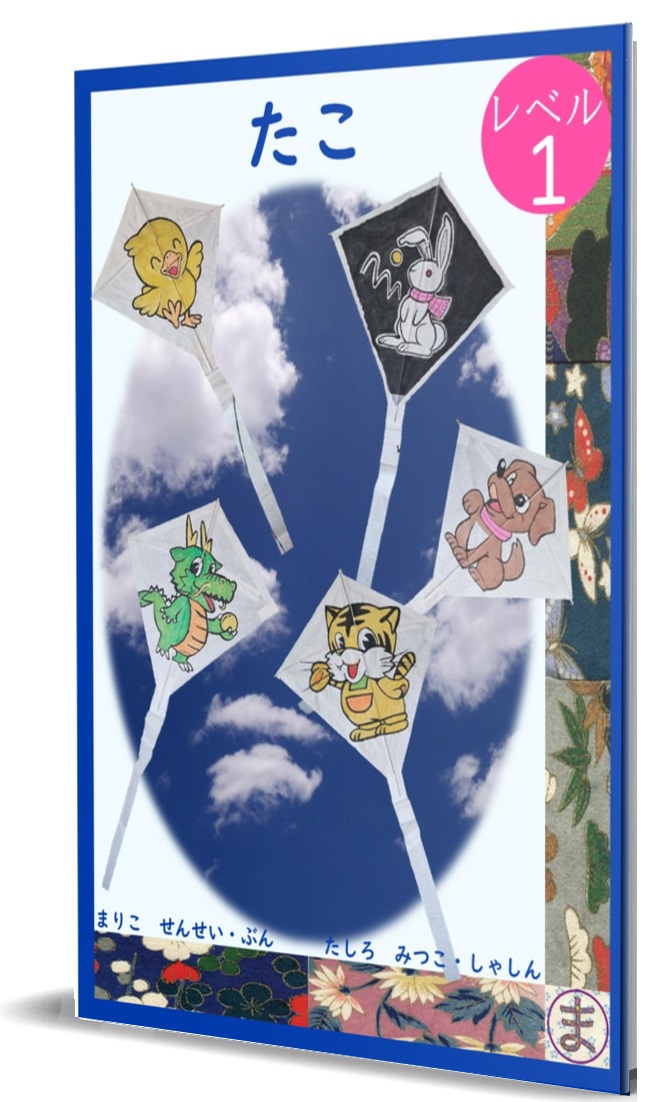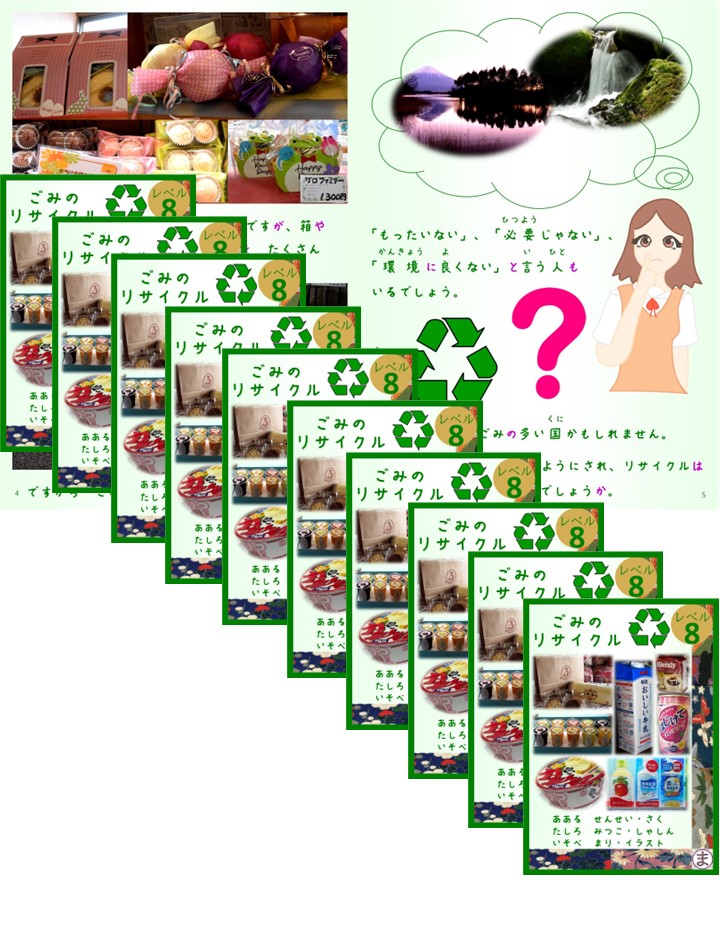Sentence examples
キャップはプラですから、プラスチックのごみといっしょ一緒に 出します。The cap is plastic, so you put it out along with other plastic rubbish.
ですから ロゴを見れば リサイクル出来る物かどうか すぐ わかります。Therefore, if you look at the logo, you will immediately know whether it is recyclable or not.
In alignment with the Senior Japanese Syllabus (SJS) and the Japanese Language Proficiency Test (JLPT)
- てform (SJS & JLPT N5)
- からreason (SJS & JLPT N5)
- が conjunction (SJS & JLPT N5)
- などapproximate (SJS & JLPT N5)
- どうやってinterrogative (SJS & JLPT N5)
- それから、まず、次に connectors (SJS & JLPT N5)
- 出来るability/potential 出来る(SJS & JLPT N5)
- もらうreceiving (SJS & JLPT N5)
- なければなりませんobligation (SJS & JLPT N5)
- Plain Vでしょうprediction/uncertainty (SJS & JLPT N5)
- Adjectiveなるdescribe of change (JLPT N5)
- Plain V時 (SJS & JLPT N5)
- Nになる (JLPT N5)
- N+なので given that (JLPT N5)
- Vのnominalizers (SJS & JLPT N4)
- ますstem Vながらtime (SJS & JLPT N4)
- 「Plain V」と言うquoting (SJS & JLPT N4)
- Nかどうか uncertainty (JLPT N4)
- Nのように just like (JLPT N4)
- Passive form (JLPT N4)
- 最後に(JLPT N4)
- Vために (JLPT N4)
- 実は actually (JLPT N4)
- られるpotential (JLPT N4)
- なのですassertion (JLPT N4)
- ですから connector (JLPT N3)
- たとえば (JLPT N3)
- についてAbout (JLPT N3)
- Nとして as N (JLPT N3)
- こんな風に like this (JLPT N2)
Cultural note from the author
Japan is known for its gift-giving culture. Japanese people value and appreciate the high-quality presentation of gifts, therefore, gift wrapping practice is very common. Hence why there is an abundance of vending machines throughout the country, however, these practices can produce tons of rubbish. Some people have commented on the waste as a detriment to the environment. Does this mean Japanese people create lots of rubbish and don’t care about it? In this book, you will discover how Japanese people follow strict rules for recycling rubbish while maintaining their distinctive culture.







Reviews
There are no reviews yet.